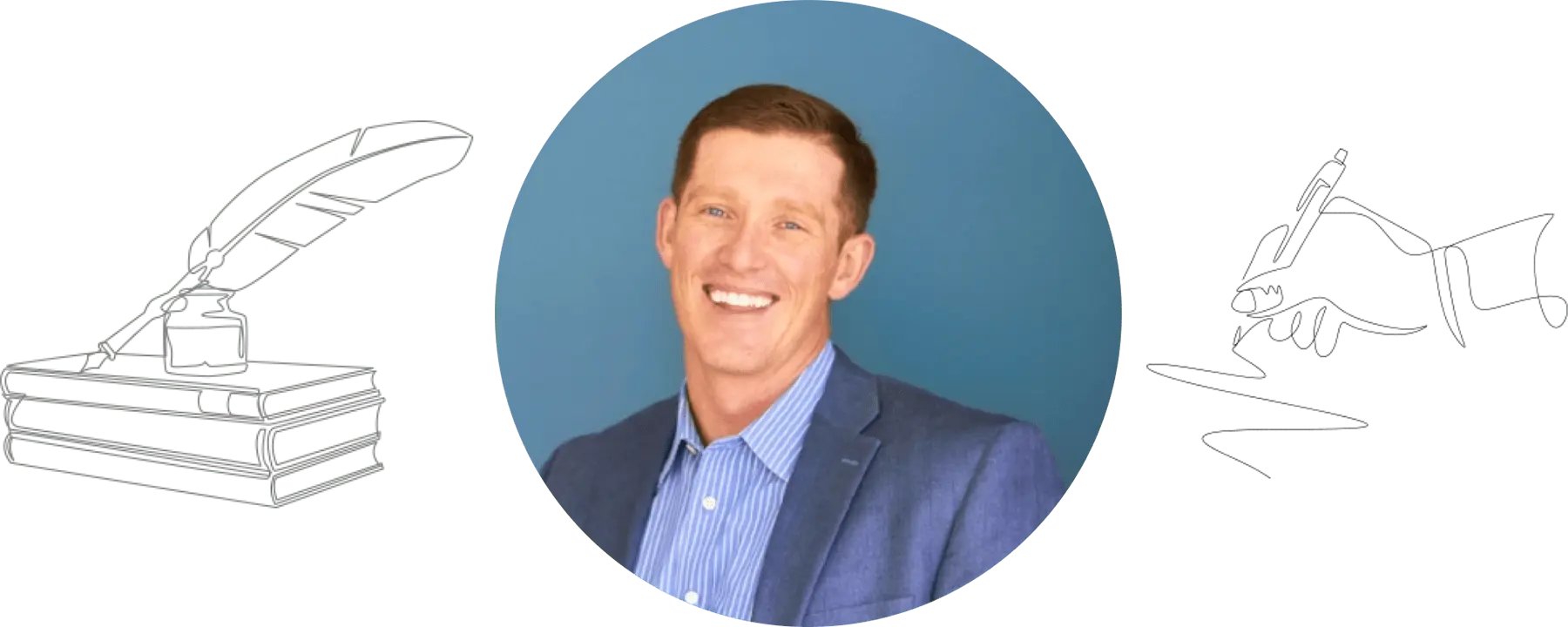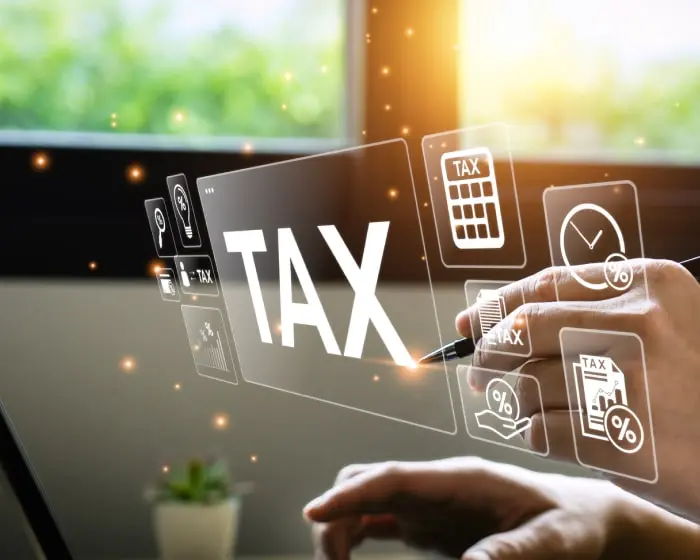Teaching


Education Mission
Words of Inspiration from Karl R. Popper
Current Courses

Sustainability Accounting (graduate level)
Accounting Research and Ethics (graduate level)


Income Tax (graduate and undergraduate)
Financial Accounting (undergraduate)
Accounting is often referred to as the language of business. The purpose of accounting is to provide meaningful information to individuals and institutions that have an interest in business, whether they be investors, creditors, or managers. Financial statements are at the root of every business.
Overall, this course concentrates on the basics of financial accounting and the composition and usefulness of the four basic financial statements. It uses a systems approach to address accounting and reporting issues in the sales cycle (revenue recognition, accounts receivable, including the allowance for doubtful accounts, notes receivable, cash receipts, and accruals), the purchase cycle (inventory, noncurrent assets, accounts payable, cash disbursements, depreciation, and impairments), and accounting for investment securities. We also spend time on aspects of the accounting standards established by the U.S. Financial Accounting Standards Board (FASB) and the International Accounting Standards Board (IASB).


Managerial Accounting (undergraduate)
A small business specializing in handmade furniture needs to understand how changes in the price of wood impact its production costs and profitability. A sporting goods manufacturer is considering adding a new product line and needs to determine how it will affect its profit margin. An automobile manufacturer needs to gauge product demand and decide whether to invest in building another plant. Amazon Web Services (AWS), a cloud storage provider, needs to know how future technology costs will affect price and overall profitability. Managerial accounting is the field of accounting aimed at providing managers with financial information to help them make decisions, such as those depicted in the above scenarios…and more. It involves product costing and cost behaviors, budgeting and profit planning, cost control, capital budgeting decisions, and statement analysis. It examines the financial “insides” of a business organization to understand the essential components for effective decision making.
teaching experience and achievements

Other Academic involvements
- International Teaching: Teaching courses in other countries, showcasing a global teaching perspective.
- Business Case Competitions: Coaching students for national and international competitions, with notable success.
- Executive Education: Teaching courses for Executive MBA programs, emphasizing professional-level education.
- Mentorship and Growth: Over the years, I have worked with thousands of individuals, helping them enhance their personal growth and refine their decision-making skills.
Course Evaluations
Scores
At the end of each term, students rate their professors on a 1-to-5 scale, with 5 being “excellent.” While not the only measure of success, I value transparency and have included the average evaluation scores for every course I’ve independently taught, based on feedback from over 1500 students—a statistically meaningful sample. For additional insight, I’ve also included comments from my current courses.
Overall instructor rating
Accounting Ethics and Research (g) 4.8
Income Tax (VITA) (u/g) 4.9
Cost Accounting (u) 4.8
Managerial Accounting (u) 4.9
Intermediate Financial Accounting (u) 4.9
Executive Education (g) 4.8
Financial Accounting (u) 4.9
Case Competitions (u) 4.9
Sustainability Accounting (g) 4.9
*u = undergraduate level
*g = graduate level
Testimonials
Sustainability Accounting (graduate level)
“I really enjoyed the opportunity to engage with sustainability through an accounting lens as most the courses I’ve taken on sustainability haven’t engaged directly with its operational and financial importance. The academic articles we read and discussed weekly explored real–life examples of both successful and unsuccessful stories on accounting for sustainability and the various frameworks employed across the world. I have gained a better understanding of the complexity in accounting for nonfinancial assets, liabilities, and externalities and how professionals are attempting to provide adequate assurance on such an emerging field. I believe this course covers a topic that will be only increasingly important to professional accountants.”
“I enjoyed the academic debate aspect of the course. I thought is was a very interesting way to dive deep into a topic and learn more about what we were learning in class. It was fun to try to develop a winning argument and see how well you did against a classmate. I also thought that, while very long and sometimes boring to read, the academic articles were interesting and provided great examples of different forms of sustainability accounting in practice. It was interesting to see many different perspectives on sustainability accounting and how it’s used in different forms across organizations and the world. It was very interesting and useful to explore this relatively new area of accounting, and I learned a lot in this class that will come into play in my career. The field is only expanding so I thought it was a great course to get an introduction to sustainability accounting and learn more about frameworks and techniques for sustainability accounting. It definitely provoked my interest in the subject and made me consider moving forward with it as a career opportunity.
“I think this course was really beneficial from a career point of view. Research is something that hasn’t been required of us a lot and this course had us tackle the challenge of researching and learning about an up and coming topic in sustainability accounting and read through academic articles have class discussions about said articles and even do our own research into topics to debate about. I think all of these skills are important for an accountant to have as clients are going to come to us with questions that are not one word answers or easily answered at that. So having this tool under our belts of how to do research what a quality source is and understand how these papers are written can be a super important thing that I see myself using throughout my career. With that being said the academic articles and debates were my favorite parts of this course as they were very thought provoking and allowed a bit of competitiveness into the class and forced me to think outside of the usual accounting box that I am in and expand my versatility in learning and knowledge and this course did all of that well. The Frameworks were also great as they built off of each other and furthered our knowledge into this realm of sustainability that really doesn’t get touched on enough and is clearly growing within the business industry as a whole and in my opinion should be required for every student to take to have some understanding of this idea of sustainability accounting.”
Accounting Research and Ethics (graduate level)
“I have always dreaded the thought of accounting research, but now I’m actually considering a PhD.”
“There is certainly a method to Ed’s madness, and as it turns out its not at all madness. I learned a lot about who I am and who I want to be as a student, person, and professional. His unique approach to the class is challenging, but it helps us learn and find out what we are good at. I am thankful for Ed challenging me in so many aspects of my life/education.”
“Ed’s class is probably the hardest I have ever taken. While he expects a lot from students he also makes it very clear what is expected and is always available to help.”
Student Comments (Volunteer Income Tax Assistance)
“I have grown as a human being and as an accountant from this course.”
“The hands on experience with taxes and the tax software were amazing.”
“I learned how to complete foreign tax returns!” Sitting one-on-one with someone challenged me to be a better version of myself.”
Income Tax (graduate and undergraduate)
“I have grown as a human being and as an accountant from this course.”
“The hands on experience with taxes and the tax software were amazing.”
“I learned how to complete foreign tax returns!” Sitting one-on-one with someone challenged me to be a better version of myself.”
Financial Accounting (undergraduate)
“His overall mastery of the material was impressive and his ability to convey the information was a major factor in my success.”
“Ed does an impeccable job of motivating students to show a high degree of commitment to this class.”
“Ed got to know all of his students by name, little things about their lives and generally cared about our well-being and education.”
Managerial Accounting (undergraduate)
“I loved everything about this course. The way everything was set up really helped grasp the concepts we were expected to know on the test and I didn’t feel like there were any surprises. The expectations were set on day one and Ed had a terrific attitude all throughout the semester. If you needed help there were a lot of times you could access it and there were plenty of real–world examples supplied throughout the semester to help apply the knowledge we were learning. I appreciate taking a class with this type of professor. Thanks Dr. Gamble”
“The best part of this course is Ed. He is such a genuine professor that cares about his students and takes the time to know them. His passion for his students as well as accounting is contagious and has inspired me to do a concentration in accounting, something I don’t think would’ve happened with other professors. I also really like the structures of his class, taking one day to summarize and one day to practice, this style of learning has been really beneficial for me and why I succeeded. I really hope to continue having him as a professor in my future accounting courses.”
“Professor Gamble himself is by far the best thing about this course. Speaking as someone who isn’t terribly fond of accounting, the way that he presents himself, made himself approachable and accessible, and the clear care that he has for his students made me want to perform well and I believe it had that effect on others, which is a feeling that too few professors are able to inspire these days. He’s a kind, honest , and good man. He links the material to real life examples, and really goes out of his way to help you. Other teachers should aspire to be like him, as he is a great example to others.”